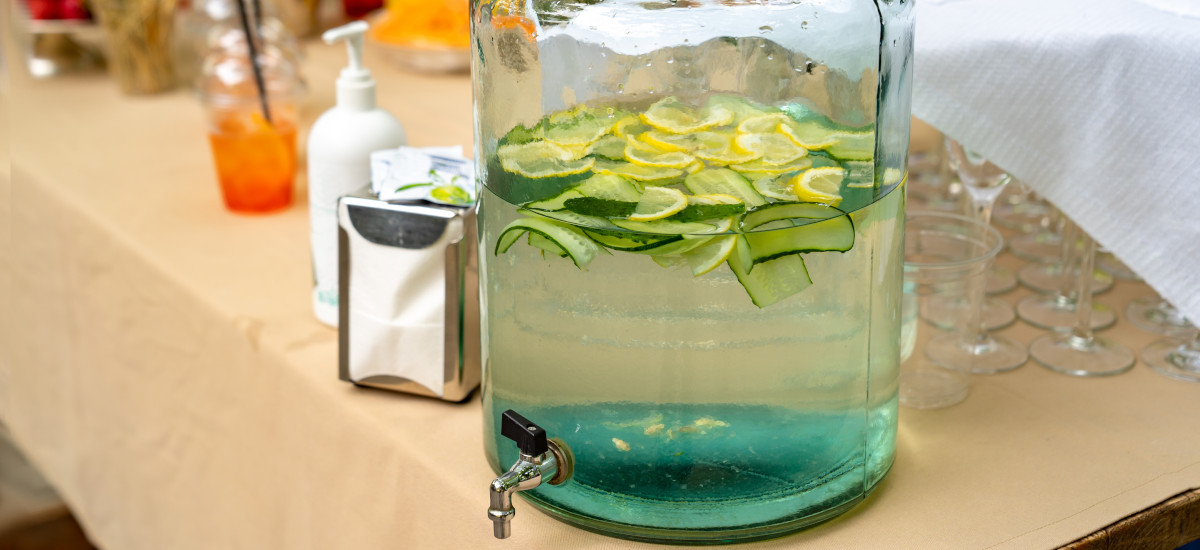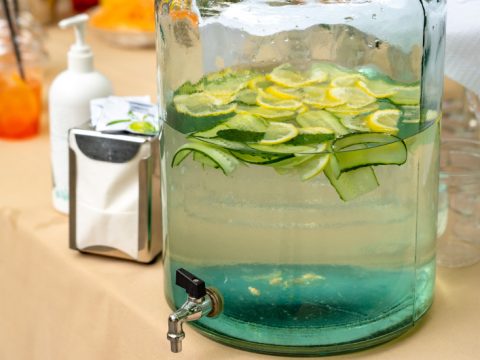Water in Your Life
Introduction
Water is often called the source of life. Whether it’s a refreshing glass on a hot summer day, a scented bath at the end of a long week, or the base for most liquid recipes, water is more integral to our daily lives than we realize.
World Water Day
Since 1993, World Water Day is celebrated annually on March 22 to raise awareness about water conservation and management. Despite population growth, the Earth’s water supply remains the same. Freshwater constitutes only 0.02% of all water, found in rivers, lakes, and groundwater.
Global Water Distribution and Consumption
- 71% of the Earth’s surface is covered by water, 97.2% of which is ocean.
- 30% of freshwater resources are in Asia, followed by South America (27%) and North America (18%).
- An average person needs about 50 liters per day for drinking, cooking, and hygiene.
- Water consumption varies widely: Americans average 500 L/day, Europeans 100 L/day, while some regions manage with as little as 4.5 L/day.
Water Footprint in Daily Life
Everyday activities use significant water:
- Standard shower: up to 19 L per minute.
- Bath: 136 L.
- Hand wash: 11 L.
- Dishwasher cycle: 57 L.
- Washing machine cycle: 170 L.
Over a 70-year lifespan, an individual uses about 115 tonnes of water.
Tips to Reduce Water Use
- Fix dripping taps—one drop per second wastes 17 L per day.
- Shorten showers by one minute to save up to 1,710 L per month.
- Install faucet aerators to cut consumption by up to 20%.
- Run full loads in dishwashers and washing machines.
- Use sensor taps to reduce water use by up to 70%.
- Defrost food in the refrigerator instead of under running water.
- Use a water filter pitcher to avoid buying bottled water.
Health Benefits of Staying Hydrated
- Water makes up 50–60% of body weight and is vital for temperature regulation, blood pressure, and cell function.
- Good hydration improves brain performance—just 1–2% dehydration can impair focus and memory.
- Water aids digestion, nutrient absorption, and kidney function—filtering about 180 L of blood daily.
- It lubricates joints and muscles.
Signs of Dehydration
- Thirst and dry mouth.
- Dark urine or reduced urination.
- Fatigue, headaches, dizziness, and confusion.
- Reduced sweating and lack of tears.
Certain groups—athletes, pregnant women, the elderly—are at higher risk.
Daily Water Needs
Recommended daily fluid intake ranges from 2.7 L for women to 3.7 L for men, depending on diet, activity level, climate, and health status.
Tips to reach your goal:
- Keep a bottle or glass of water within reach.
- Choose water over sugary drinks.
- Add natural flavor with fruit or herbs.
- Drink water before meals—it may help control appetite.
Alternative Hydration Sources
About 20% of daily fluid comes from foods like fruits and vegetables. Milk, fresh juices, tea, and coffee also contribute, though water remains the best choice.


